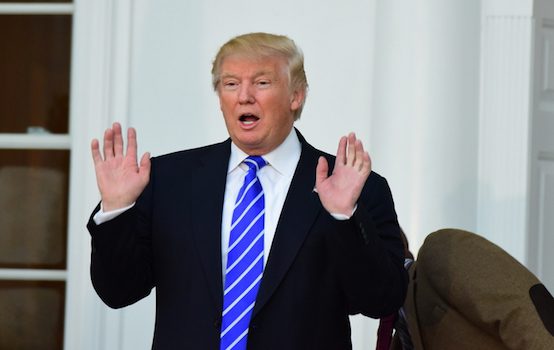Trump and the Prospects for Restraint

Ross Douthat’s conversation with Dan McCarthy and Henry Olsen considers the question of whether there can be a “Trumpism” without Trump and what that would mean in practice. The references to foreign policy got me to thinking again about the prospects of foreign policy restraint in the Trump era. McCarthy made an interesting point here:
The fundamental thing that Trump has done is to break up old expectations and points of view. There are questions being asked about foreign policy — in the White House, in Congress, in the media and in the think-tank world — that need to be asked but had been ignored too long.
There is something to that. I would add that the reason why many of the questions are rightly being asked now is that the lack of confidence in Trump’s competence and judgment is so great that it is starting to undermine Americans’ usual deference to the executive in these matters. I suspect Sen. Corker isn’t holding hearings on the president’s authority to order nuclear launches out of a longstanding desire to rein in executive power. I am guessing that he is doing it because he regards the current president to be so unpredictable and potentially dangerous that the enormous power that we entrust to the president now alarms him in ways that it didn’t before.
We see something similar on war powers generally and on specific policies. There was some criticism of U.S. support for the war on Yemen when Obama was in office, but there is much more of it since Trump opted to continue that indefensible policy while offering the Saudis his wholehearted endorsement. There is more urgency in asserting Congress’ role in matters of war than there used to be, and this is due almost entirely to the president’s habit of issuing reckless threats against other countries. Trump is helping to bring discredit on conventional U.S. foreign policy through his embrace of most of it, and in the process he is giving his domestic critics “permission” to scrutinize and attack policies that they usually ignored under his predecessors. Trump is conducting an anti-restraint foreign policy, but in so doing he is inadvertently helping the fortunes of restraint and forcing more people in Washington to reconsider some of their assumptions about executive power and the U.S. role in the world.
Comments